Schubert Ensemble - Dvorak: Piano Quintet & Piano Quartet (2012) [Hi-Res]
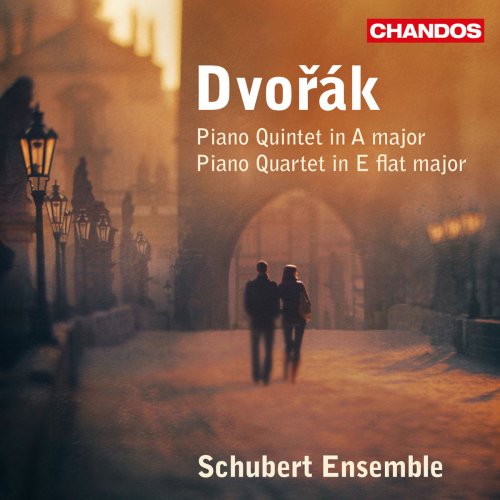
Artist: Schubert Ensemble
Title: Dvorak: Piano Quintet & Piano Quartet
Year Of Release: 2012
Label: Chandos
Genre: Classical
Quality: flac 24bits - 96.0kHz +Booklet
Total Time: 01:16:52
Total Size: 862 mb
WebSite: Album Preview
TracklistTitle: Dvorak: Piano Quintet & Piano Quartet
Year Of Release: 2012
Label: Chandos
Genre: Classical
Quality: flac 24bits - 96.0kHz +Booklet
Total Time: 01:16:52
Total Size: 862 mb
WebSite: Album Preview
01. Piano Quartet No. 2 in E-Flat Major, Op. 87, B. 162: I. Allegro con fuoco
02. Piano Quartet No. 2 in E-Flat Major, Op. 87, B. 162: II. Lento
03. Piano Quartet No. 2 in E-Flat Major, Op. 87, B. 162: III. Allegro moderato, grazioso
04. Piano Quartet No. 2 in E-Flat Major, Op. 87, B. 162: IV. Finale. Allegro ma non troppo
05. Piano Quintet in A major, Op. 81, B. 155: I. Allegro ma non tanto
06. Piano Quintet in A major, Op. 81, B. 155: II. Dumka: Andante con moto
07. Piano Quintet in A major, Op. 81, B. 155: III. Scherzo (Furiant): Molto vivace
08. Piano Quintet in A major, Op. 81, B. 155: IV. Finale. Allegro
09. Zigeunermelodien, Op. 55, B. 104, No. 4. Als die alte Mutter: Zigeunermelodien, Op. 55, B. 104: No. 4. Als die alte Mutter (Songs My Mother Taught Me) (arr. S. Blendis, D. Paterson and A. Wood for piano quartet): Zigeunermelodien, Op. 55, B. 104: No. 4. Als die alte Mutter (Songs My Mother Taught Me) (arr. for piano
![Schubert Ensemble - Dvorak: Piano Quintet & Piano Quartet (2012) [Hi-Res]](https://www.dibpic.com/uploads/posts/2021-05/1621063451_schubert-ensemble-dvorak-piano-quintet-piano-quartet-2012-back.jpg)
Founded in 1983, regularly giving more than sixty concerts a year, and having performed in over forty different countries, the Schubert Ensemble is firmly established as one of the world’s leading exponents of chamber music for piano and strings.
The Ensemble here performs Piano Quintet No. 2, which is arguably one of Dvořák’s greatest and most popular chamber pieces, thanks to its memorable melodies and sheer panache. The composer took great pride in his country, in his people, their character and cultural heritage, all of which is evident in this work. In the words of the late British Dvořák scholar John Clapham: ‘[it] probably epitomizes more completely the genuine Dvořák style in most of its facets than any other work of his. Laughter and tears, sorrow and gaiety, are found side by side, as well as many moods that lie between these two extremes. All are presented with consummate mastery, they are decked in a wide range of instrumental colouring, and through the whole sweeps the life-blood of vital rhythm.’
Dvořák wrote his Piano Quartet No. 2 at the persistent request of his publisher Simrock in Berlin, who had long recognised the sales potential of the composer’s music. He was not wrong; the work went on to become one of Dvořák’s most frequently played chamber works. Here, Dvořák revels in taking on both tranquil and stormy moods; the feeling of great joy present in the third movement pre-echoes the sunny disposition of his Symphony No. 8, which was to follow immediately after the Quartet.
The seven songs which make up the cycle Gypsy Songs were written in 1880 to texts by the Czech poet Adolf Heyduk. The fourth, ‘Songs My Mother Taught Me’, is the best known internationally of all Dvořák’s songs. The version heard here, for piano quartet, was arranged by the four core members of the Schubert Ensemble, and is a highly popular encore piece performed at many of its concerts.

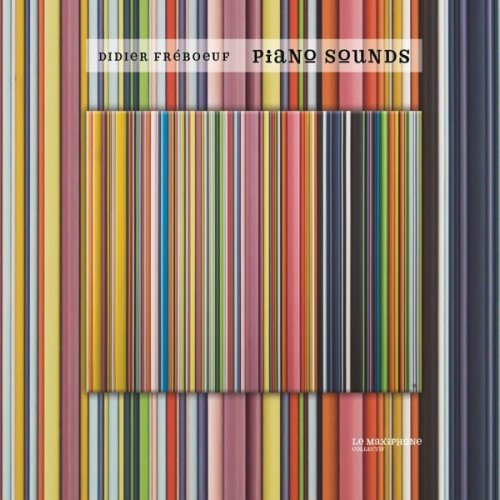
![Lea Lu, Juan Medina - Vergel (2026) [Hi-Res] Lea Lu, Juan Medina - Vergel (2026) [Hi-Res]](https://img.israbox.com/img/2026-01/09/bq4thj95aib3fvpc8xb0lpdyw.jpg)
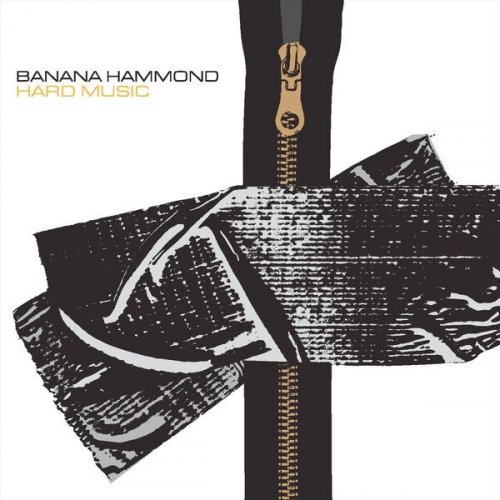
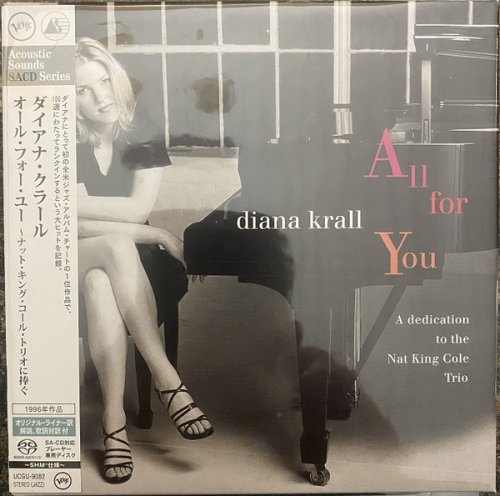
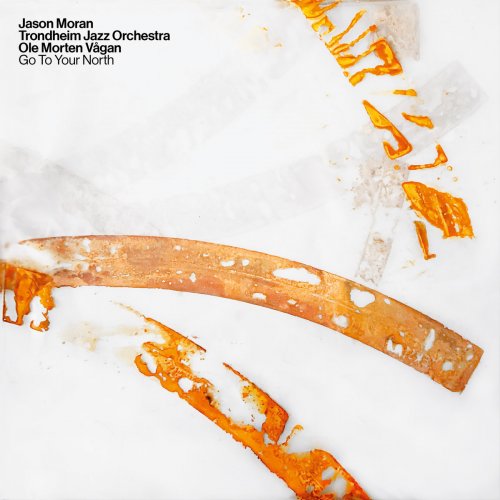
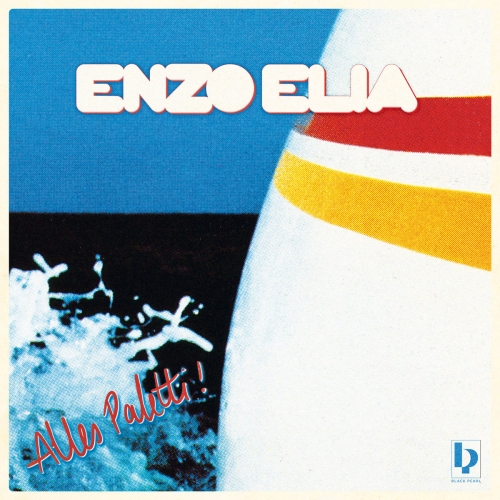
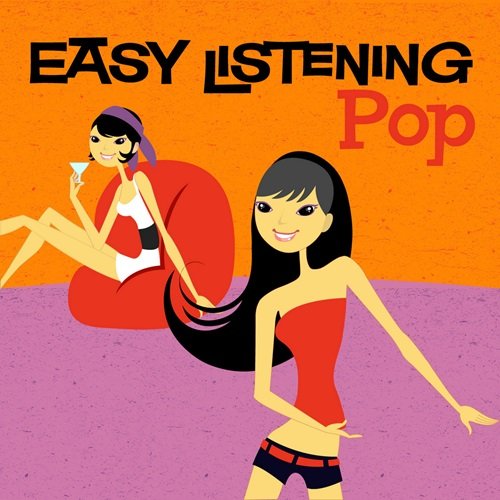
![Kate Kortum - Wild Woman Tells All (2026) [Hi-Res] Kate Kortum - Wild Woman Tells All (2026) [Hi-Res]](https://www.dibpic.com/uploads/posts/2026-01/1767862862_ajiixgeb8lsxc_600.jpg)